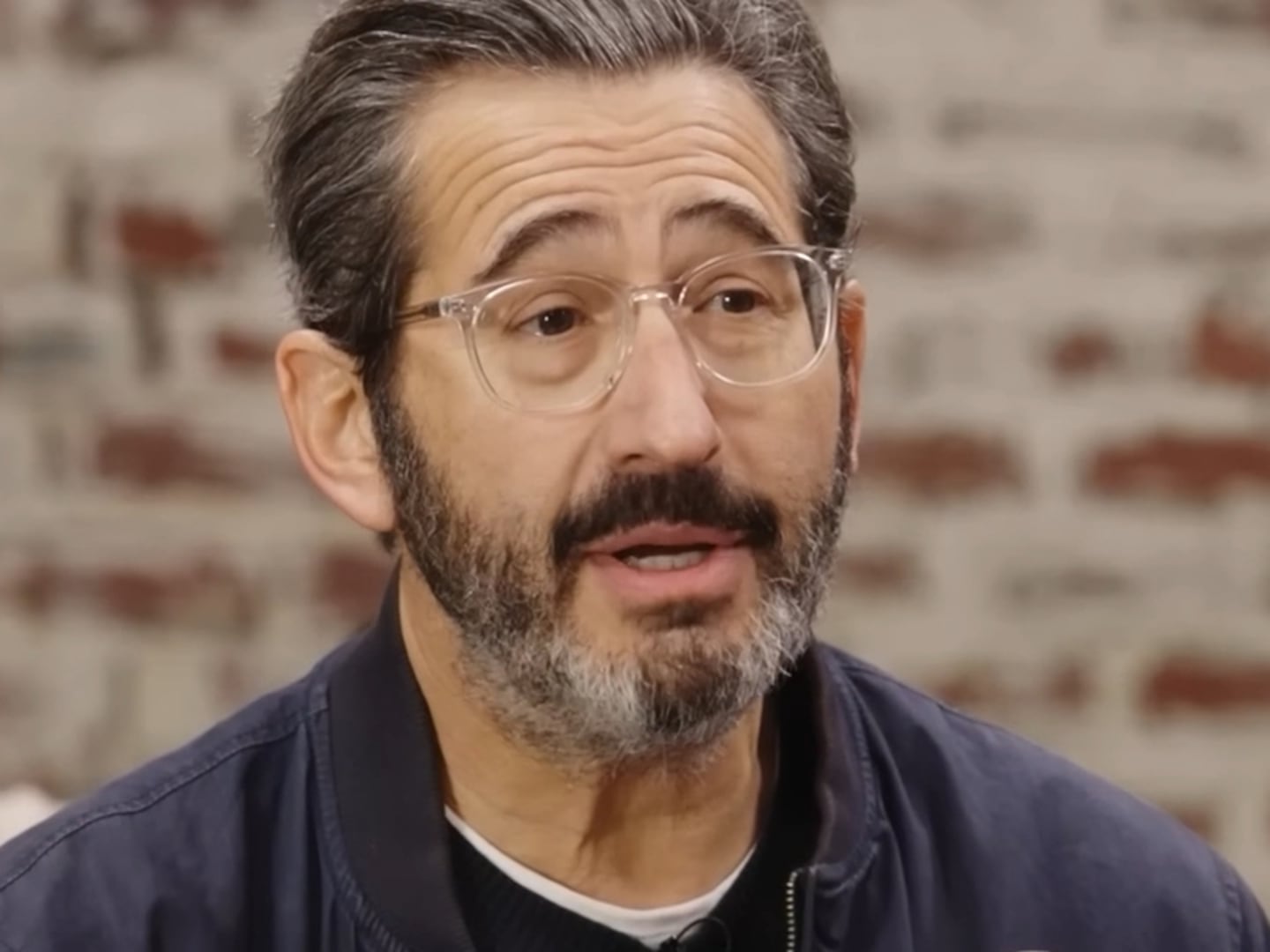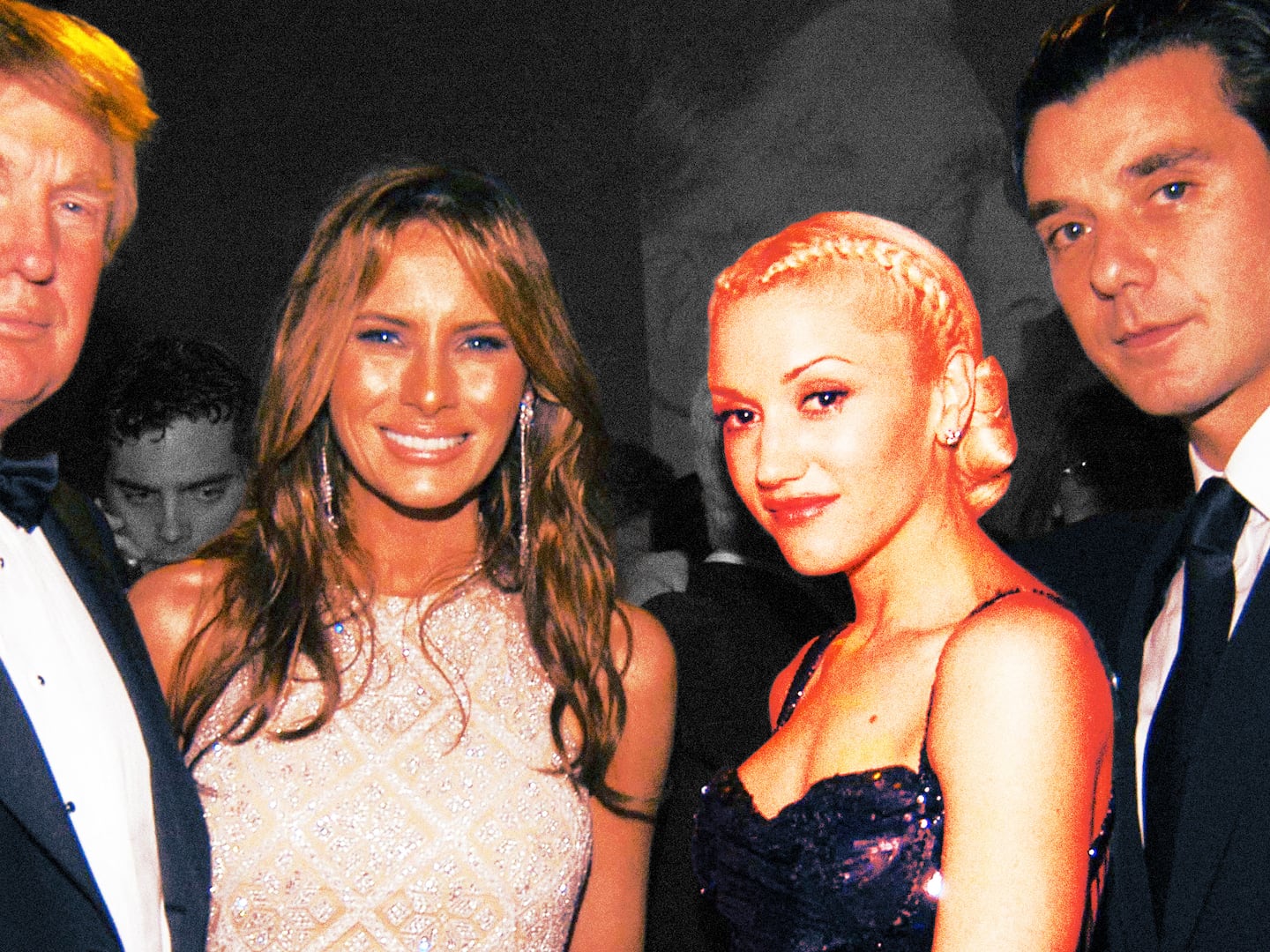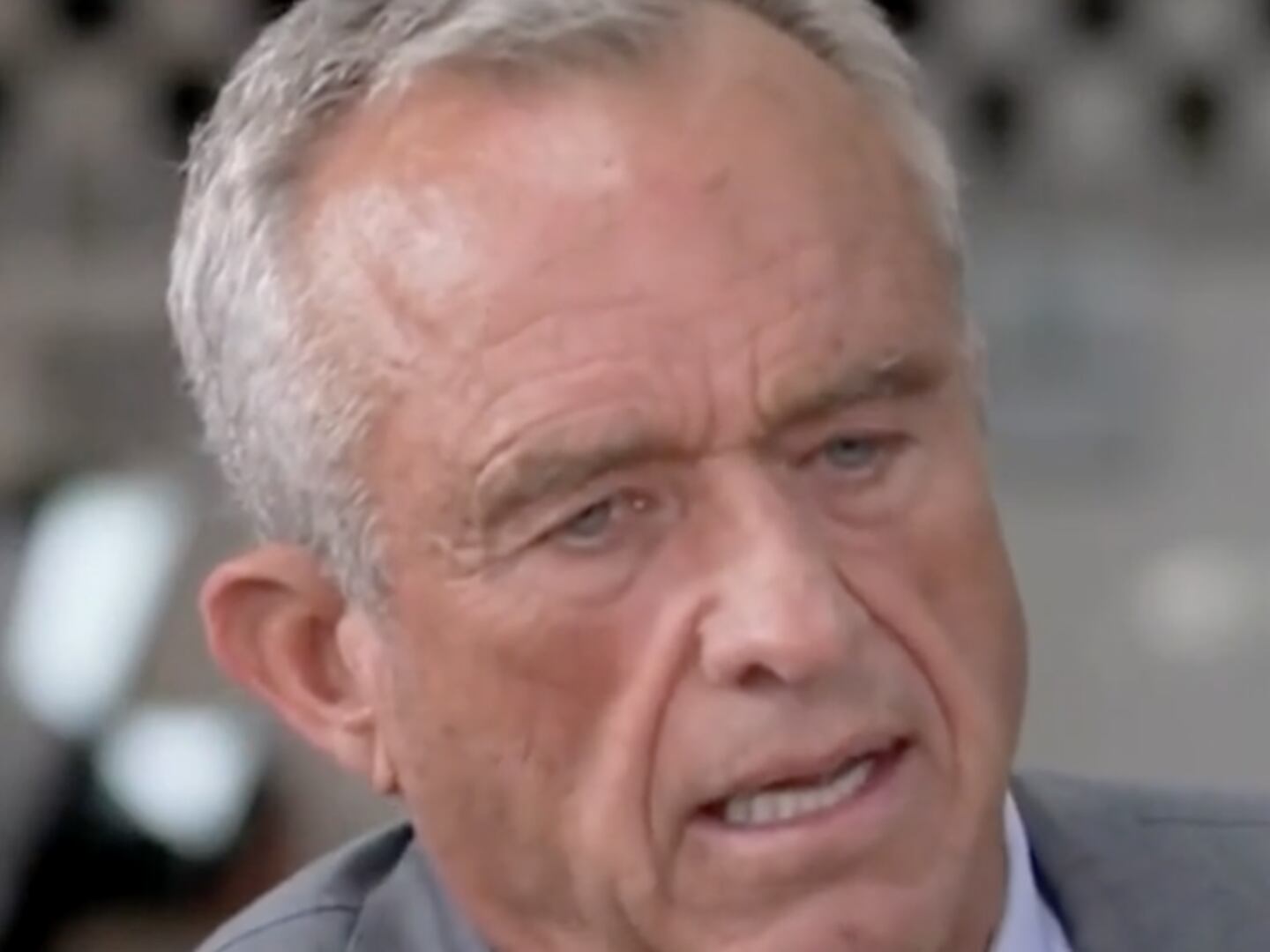U.S. News
Jonathan Ernst/Reuters
Why One South Dakota Tribe Refuses to Ban Kristi Noem From Its Lands
‘CONTINUING FORWARD’
The Flandreau Santee Sioux Tribe told The Daily Beast that it’s still holding out hope for a productive relationship with the governor.
exclusive

Trending Now




